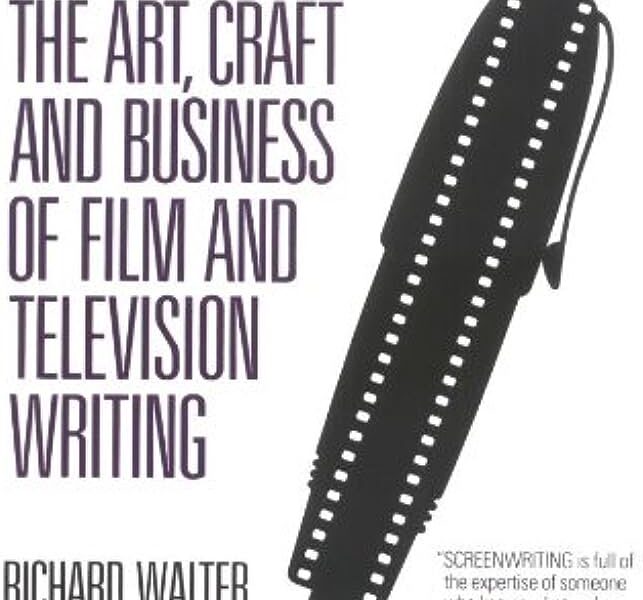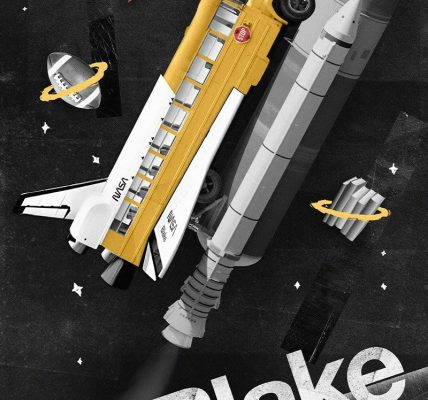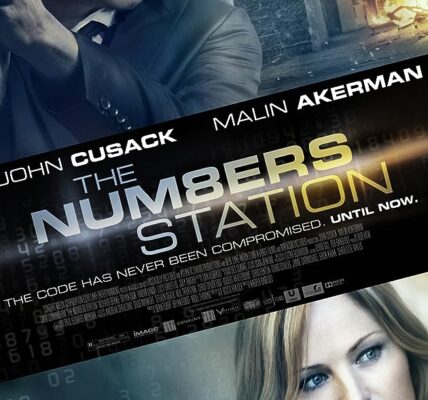Creative Screenwriting Magazine’s Danny Munso explores the relationship between creativity and marketability in the scriptwriting process.
My profession being what it is, I have been fortunate enough to view screenwriting from several different angles. I am a screenwriter myself and have been taking cracks at scripts since I was 16. Yet, I also report on screenwriting and filmmaking, and the most fascinating aspect of my job is the frontline view of Hollywood’s major conundrum: film is an art form, yet it is also a billion dollar industry. And those two sides of the coin are in constant conflict with one another.
If you are an aspiring screenwriter, your ultimate goal is to sell your work. That does not make you a sell-out. If writing is your love, then the only way you can do that for a living is if you sell your work. Scripts are not meant to sit and collect dust in a desk drawer; a script is written because its writer has something to say and they want to share it with the world.
Screenwriting at its very nature is an uneasy marriage between art and commerce, and that’s what makes the topic of marketing your script so fascinating. The reality is every script needs to be marketed correctly in order to be sold. But how much of this marketing should go into the actual writing? How much of the fabric of your story should be tainted with thoughts of saleability?
Screenwriters and writing instructors give out the same advice: write what you know.
The slow and painful death of the spec market has inadvertently shifted the mindset of the amateur screenwriter. I encounter quite a few of these individuals, so I speak from first-hand knowledge when I say that they, in general, are more concerned with how to sell their script than how to make it better. It is so incredibly difficult to sell an original idea to Hollywood that an understandable air of desperation has set in. Take a look at the top 10 grossing films of the year so far; only three are not part of an existing franchise (Inception, Despicable Me and How to Train Your Dragon).
It’s only natural that writers are becoming fearful of whether or not there is a career waiting for them when their script is ready. This fear is OK and can even drive you to better writing. The trick is to not let it define your writing. If you write for anyone beside yourself, you are inadvertently doing harm to your screenplay. Yes, it’s true: aiming for a sale can pretty much guarantee you will never get one. But, the fear remains and questions are out there.
I decided to conduct an informal poll of some writer friends as to what their top questions would be in terms of how to better market their script. The same three questions kept coming up, so I thought we should cover them here:
Should I tailor my script to attract a particular actor?
Perhaps the most famous example of this in recent memory occurred when Sofia Coppola wrote the memorable part of Bob Harris in her 2003 film, Lost in Translation, for actor Bill Murray. She of course got the notoriously fickle Murray to play the role, which he did to the tune of an Oscar nomination and the best reviews of his career. Coppola in turn got to fulfil the complete vision in her head, became only the third woman to be nominated for Best Director at the Oscars and took home the trophy for Best Original Screenplay. It really couldn’t have worked out any more perfect.
But don’t misinterpret this. Coppola has admitted that she wrote that part with Murray in mind, but that was not the genesis of that story. The film was a very personal one for Coppola, who was having marriage troubles at the time. The character of Charlotte (Scarlett Johansson), who befriends Bob as they are both marooned in Tokyo, is a direct reflection of the writer and her state of mind at the time of its writing. While Murray steals the film, it’s Charlotte’s story that forms the heart of the screenplay.
So while Coppola wrote Lost in Translation with Bill Murray in mind, that is not why she wrote the story in the first place. She felt compelled to tell that story and wrote as an artist first. Everything that took place after ended up being great for the business end of things to be sure, but Coppola made her decisions as an artist first and was rewarded for doing so.
The point to you the amateur screenwriter is this: if you begin writing a screenplay solely based on the fact that you think it will be a great part for a particular actor, you are setting yourself up to fail.
Should I tailor my script to target a particular producer or director?
This answer for this would cover the same ground as the last response: if you’re writing for someone other than yourself, let alone a big-name director or producer, how can you expect anything positive to come out of that experience?
However, when your script—your vision—is complete, there is absolutely nothing wrong with wanting to attract a particular filmmaker to that project. Actually, it would behoove you to do so. I am not suggesting you shun Mr Spielberg should he come calling about your spec. What I am saying is that if you write with Mr Spielberg in mind, it’s likely he won’t be inspired to pick up the phone when he reads your work. Writing needs to come from a deeper place.
Should I gauge the market, see what is selling, and write what is hot?
This idea has its merits and seems to be grounded in some form of rationality. But the realities of the film industry make it nearly impossible for this idea to have any success. Films take so long to produce that what is considered ‘hot’ when you begin writing may be a thing of the past by the time you are prepared to send your script around. For example, the recent success of Avatar and Inception at the box office has brought back Hollywood’s interest in original sci-fi ideas, which is a very positive development.
To better illustrate this point, let’s use two different scenarios and screenwriters: Writer A and Writer B. Writer A gets wind that sci-fi is suddenly hot again and thinks he can write a great sci-fi script. It’s a fine thought, but Writer A cannot take advantage of this situation. By the time the script goes through many drafts, reaches representation, reaches producers, reaches a studio, gets a director, and is cast, it is a couple of years down the road from when Writer A first typed ‘Fade In’.
Writer B, however, is not only a fan of science fiction, but thinks he has the perfect human story to attach to that genre. Writer B finishes his sci-fi epic, but finds the market non-receptive to his story. ‘Sci-Fi doesn’t sell,’ he is told. Fast-forward to present day when Avatar and Inception have dominated the box office. Now, Writer B is in the perfect position to sell his script. He wrote something from his heart that just happens to align with the current temperature of the market.
Many screenwriters and writing instructors give out the same advice: write what you know. It is clichéd and it’s not entirely the key to becoming a successful screenwriter, but it can serve as a noble guide for unproduced screenwriters. Writing what you know will make that story meaningful to you, and if you think that does not come across on the page, you are mistaken. Passion for writing is relatively easy to identify in a screenwriter.
Now, does this mean that writing from your heart is all you need to sell a script? Far from it. This is a business as we all know and no one will buy your script if they don’t think millions of people will go to see it with their family or friends on a Friday night. But your key to getting to that point is to not follow trends, not become influenced by outside forces you cannot control. Write what you know, sure. But also write what you care about. The rest will surely follow.
For more information on Creative Screenwriting Magazine and its new Digital Edition, visit www.creativescreenwriting.com. MovieScope readers get a special 15% discount on a subscription by entering the coupon MOVIESCOPE in our shopping cart.












